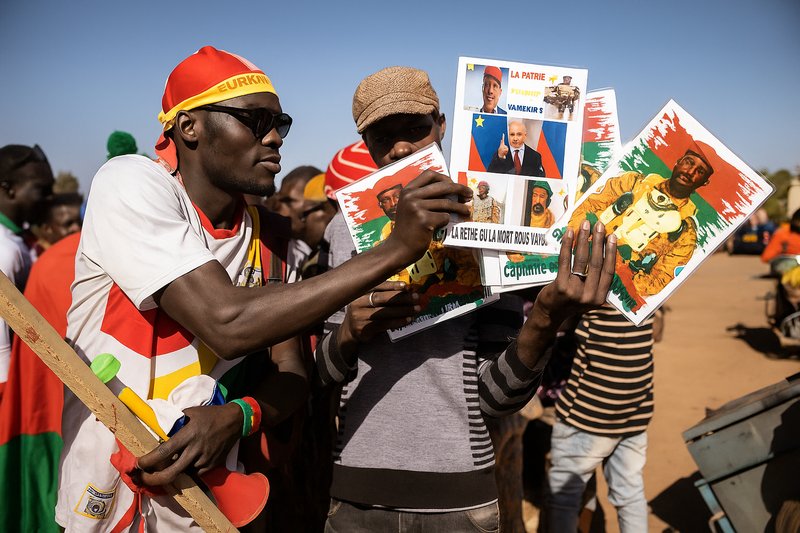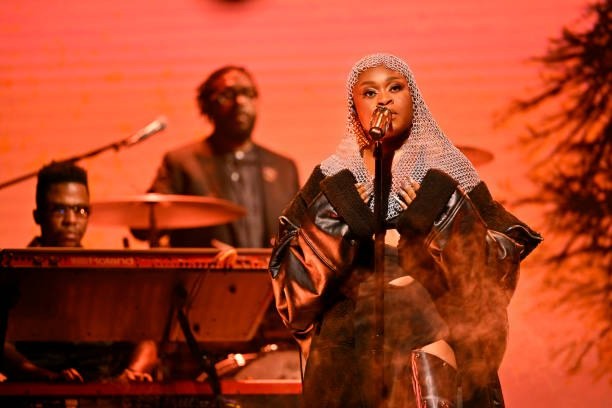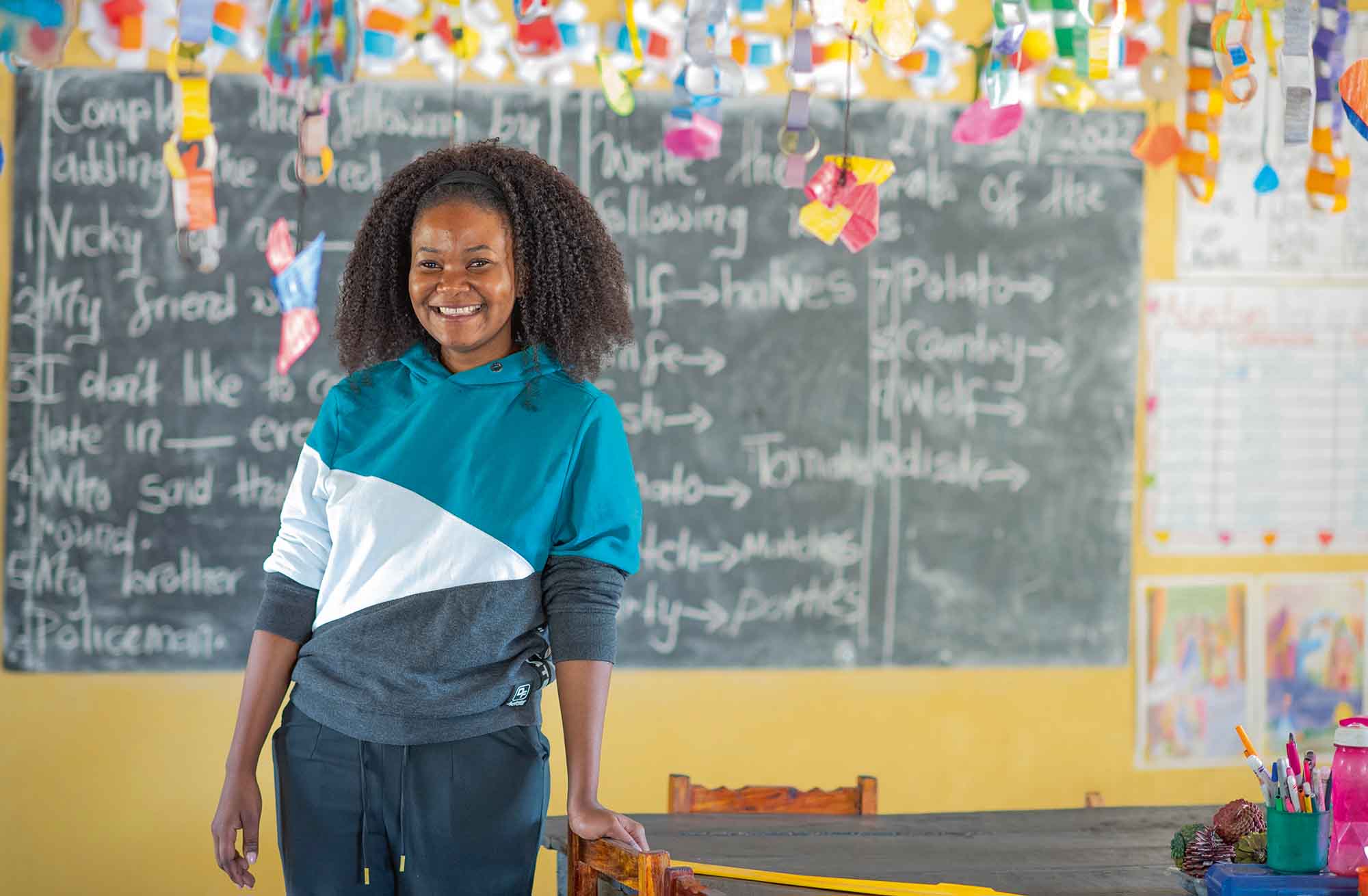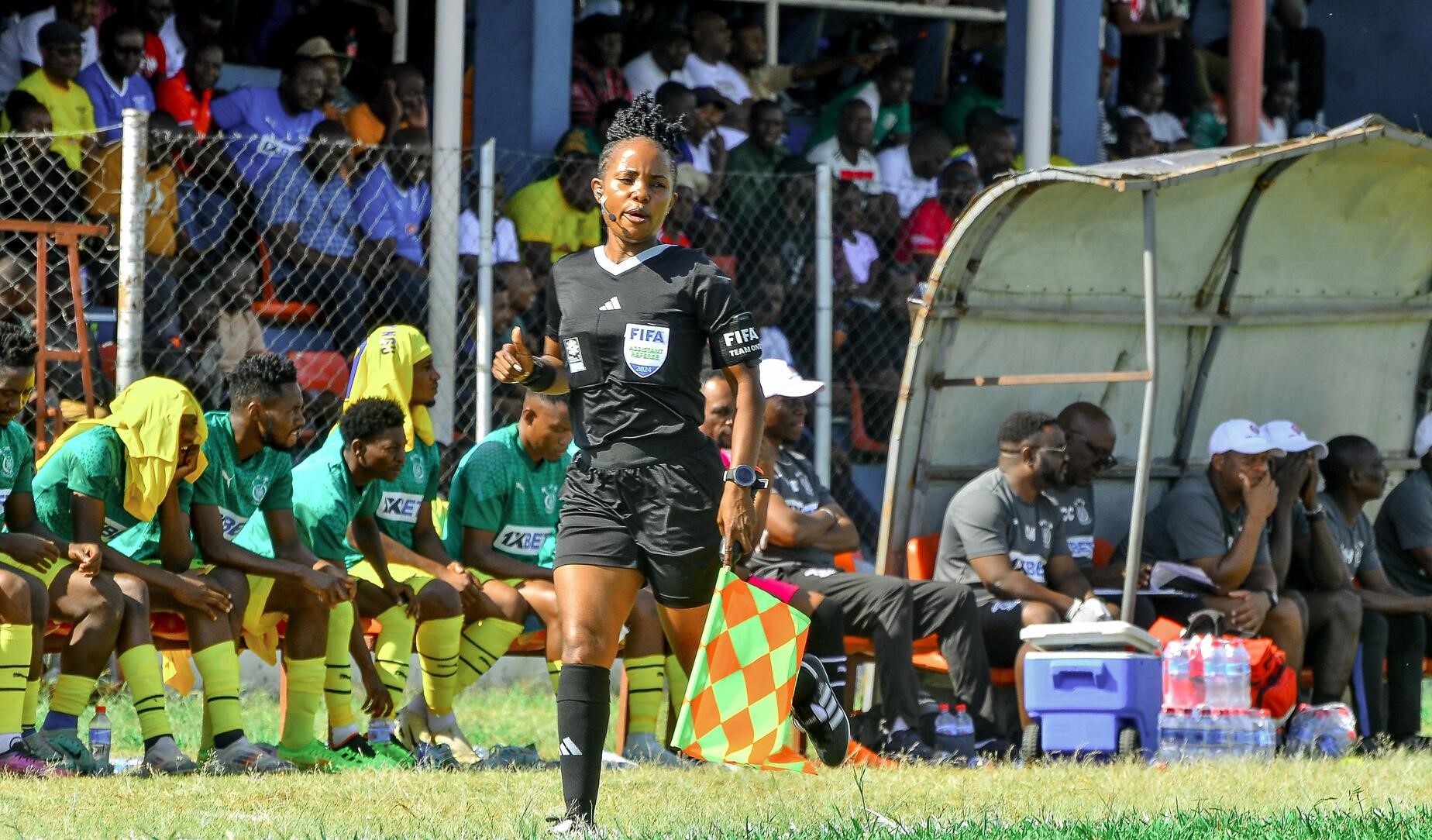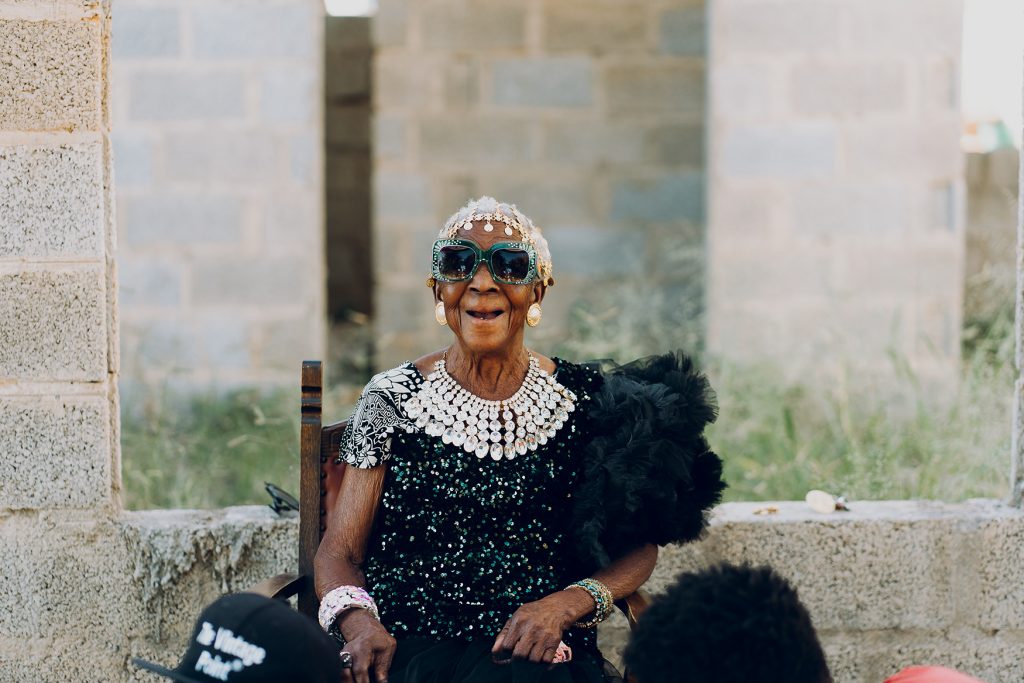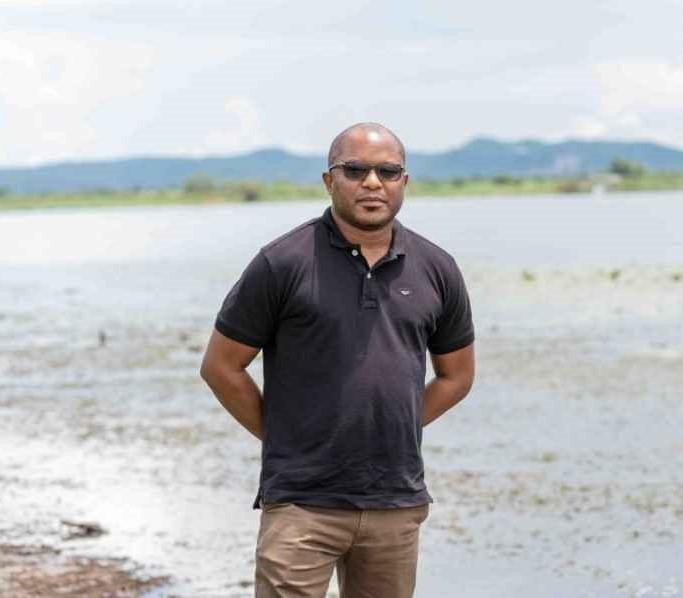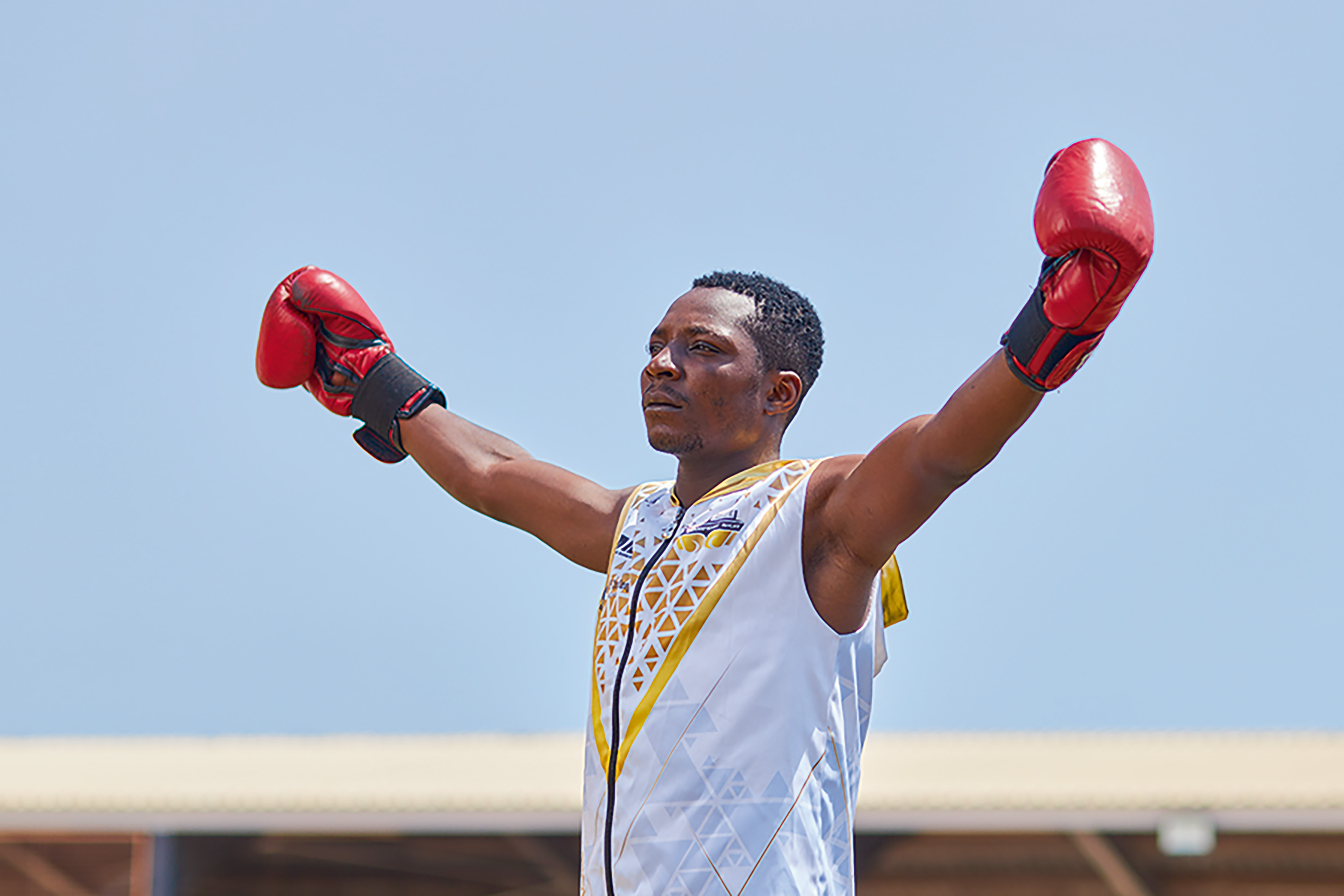Ibrahim Traoré, Africa’s youngest head of state, rose to power in the wake of the 2022 Burkina Faso coup, quickly becoming a symbol of anti-imperialism and generational change. At just 37, he has implemented bold Africa First policies, expelling French troops, rejecting World Bank aid, and nationalising Burkina Faso’s gold assets. This article explores Traoré’s growing influence and the wider implications for youth-led leadership across Africa, where old political systems face growing pressure from younger populations demanding meaningful change.
The People's Favourite
In September 2022, Burkina Faso once again experienced another successful military coup in a string of coups in its independent history, and a military captain was installed as the transitional president. But in the aftermath, the public reaction was not calls for democratic elections or a return to civilian rule, but rather fanfare, admiration, and the transformation of Ibrahim Traoré from an interim figure into a red-beret-wearing symbol of anti-imperialism and African potential.

The 37-year-old walked into the stadium hosting Ghanaian President John Mahama's inauguration to roaring applause, louder than that received by any of the 20 other heads of state present, all of whom were older and had been in power for much longer, often by more democratic means. As it stands, Ibrahim Traoré is Africa's youngest head of state and arguably its most popular. Admired, widely followed, and reported on with the intensity usually reserved for historical icons like the late Burkinabè Pan-Africanist revolutionary Thomas Sankara, whom many of Ibrahim's supporters see as his closest likeness.
Ibrahim Traoré’s Africa First Policies
His leadership has featured a wave of "Africa first" policies rejecting neo-colonialism. These include nationalising the country's primary gold mines, halting the export of unprocessed gold to Europe, and establishing a gold refinery in Burkina Faso. Foreign companies operating in the resource-rich country have been required to give the state a 15% stake in local operations and to transfer skills to the Burkinabè workforce. He has also rejected conditional aid from the World Bank and the International Monetary Fund. Perhaps most controversially, he expelled French troops who had been stationed in Burkina Faso to combat insurgency and militant Islamist groups.
France Out, Russia In
Burkina Faso's ties with France are long, deep, and, for much of their history, uneasy. The European power colonised the country, which only gained independence in 1960. Strong cultural and linguistic links remain, but the expulsion of the French army came amid claims that their presence had brought no significant improvement to the ongoing violence. "The terrorism we are witnessing today comes from imperialism, and we are fighting it," Ibrahim Traoré told Russian President Vladimir Putin in Moscow. Russia is the one world power with which Traoré has actively sought stronger ties. Burkina Faso is now collaborating with Russia for military assistance and is pursuing deeper educational links, including plans to establish branches of Russian universities and train Burkinabè students in science and technology to support national development.
Crises Before Change
But the vacuum France left, the space Russia now fills, and the conditions that enabled Traoré's rise did not appear overnight. Since 2015, the Sahel region has faced growing instability. By 2021, Burkina Faso was mired in a humanitarian crisis: a quarter of the population faced food insecurity, thousands were killed, and over two million were displaced. French forces have been deployed in the country since 2018, with no notable progress to date. This climate of unrest and widespread disillusionment triggered a coup in January 2022, in which Ibrahim participated. Nine months later, another coup followed, prompted by escalating violence and a lack of visible change. This time, Ibrahim replaced his former collaborator and took power.
The path Traoré took to the presidency raises key questions about Africa's future leadership: whether the youth, who make up the majority of the population, should more often be entrusted with shaping the nations they will inherit, and whether military intervention, rather than democratic elections, can sometimes deliver stability and economic progress. On the latter, an Afrobarometer survey found that two-thirds of Burkinabè believe the military should intervene when leaders abuse their power and 66% support military rule. That figure stood at just 24% in 2012. This shift suggests that, although the route to power may be unconventional, many view Traoré's rule as more stable than the instability that preceded it. But this sentiment is shaped by Burkina Faso's particular crisis, urgency that may not exist in more stable contexts.
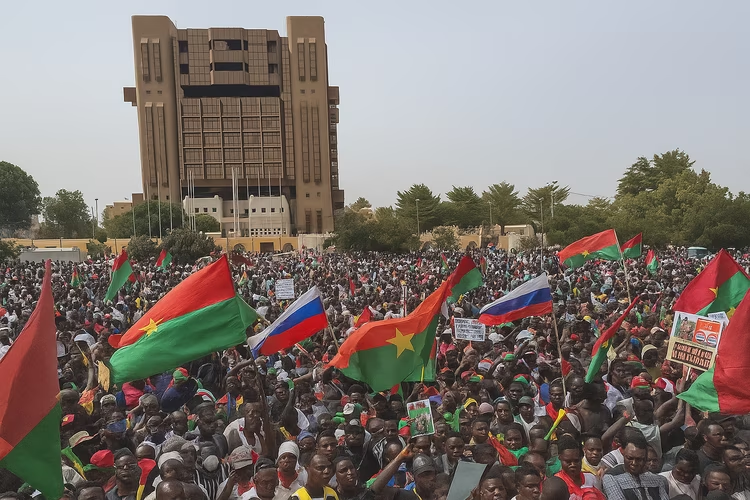
It is no small feat for a 37-year-old to lead a nation, especially on a continent where the average age of national leaders is 63, yet Ibrahim Traoré, with his military uniform and iconic red beret, stands as a potent symbol across the continent. He embodies ideologies and generations often underrepresented in power. But the risk with symbols is that they can remain just that: representations without tangible follow-through, much like Africa's youth, full of potential, yet still a promise to be fulfilled. The possibilities are immense, and they coexist alongside the transformative beauty that a symbol can spark. After all, sometimes a symbol is what ignites a revolution.
